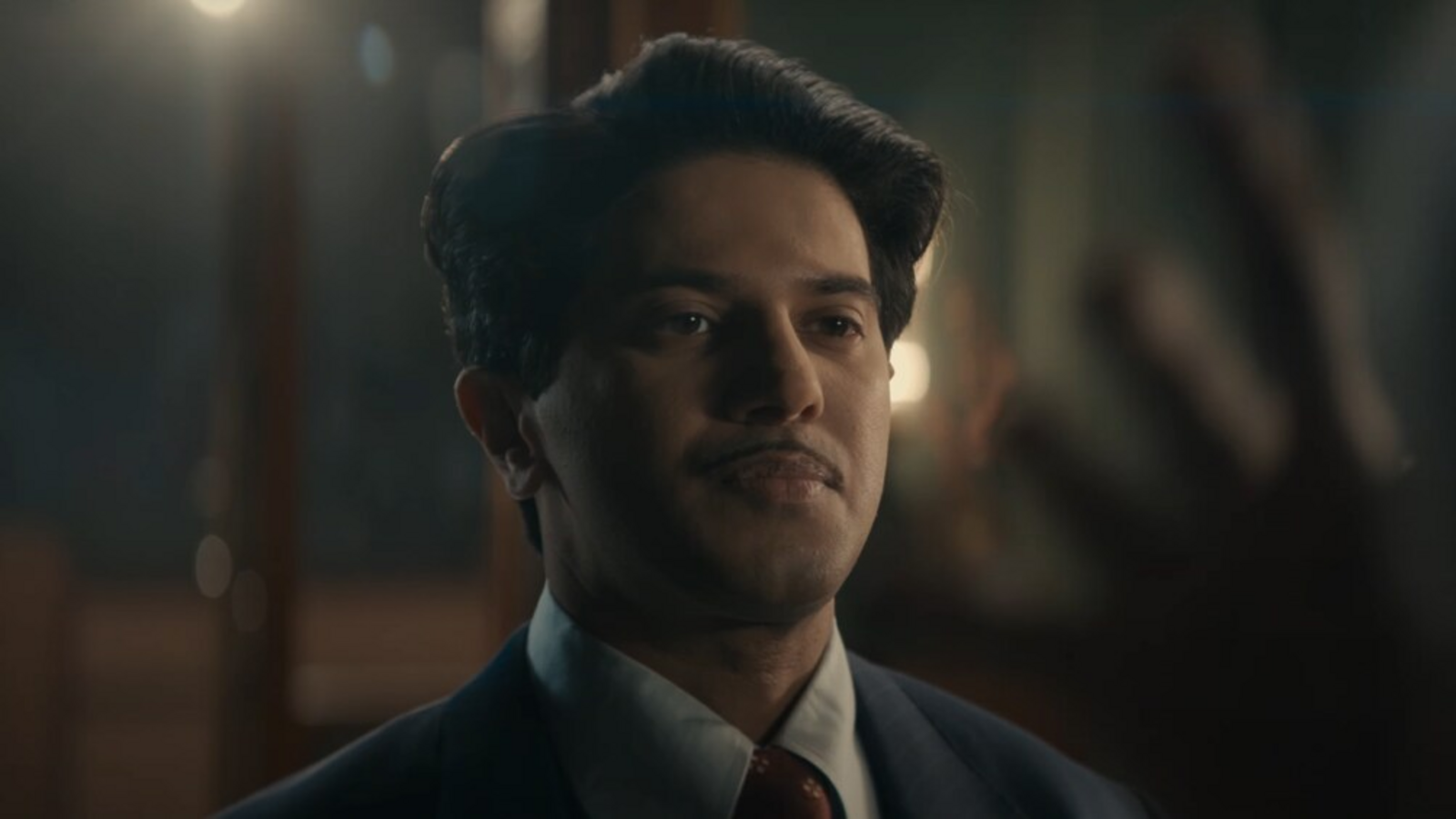Some directors see things differently, fight for people who have been wronged by society at large and make photographs that encourage people to construct a utopia without any difficulties through their sharp tales and true-to-life films.
Some uniquely gifted producers are pushing for a transformation, enhancing public knowledge, as well as encouraging discussion. These directors have demonstrated the fortitude to occasionally portray the evil side of our society, notwithstanding their artistic independence.
1. Anand Patwardhan
Anand Patwardhan is a famous Indian documentarian who has been a prominent figure in India’s social and political life for almost forty years. Patwardhan’s documentaries “Bombay: Our City,” “Reason,” and “War and Peace” reflect his desire to critically examine social issues. His films frequently hunt through issues like excessive religious beliefs, imbalances in financial resources distribution and destruction of natural surroundings, making him a rebel with governmental authorities. His efforts against censorship have cemented his place as a leading voice of dissent in Indian cinema.
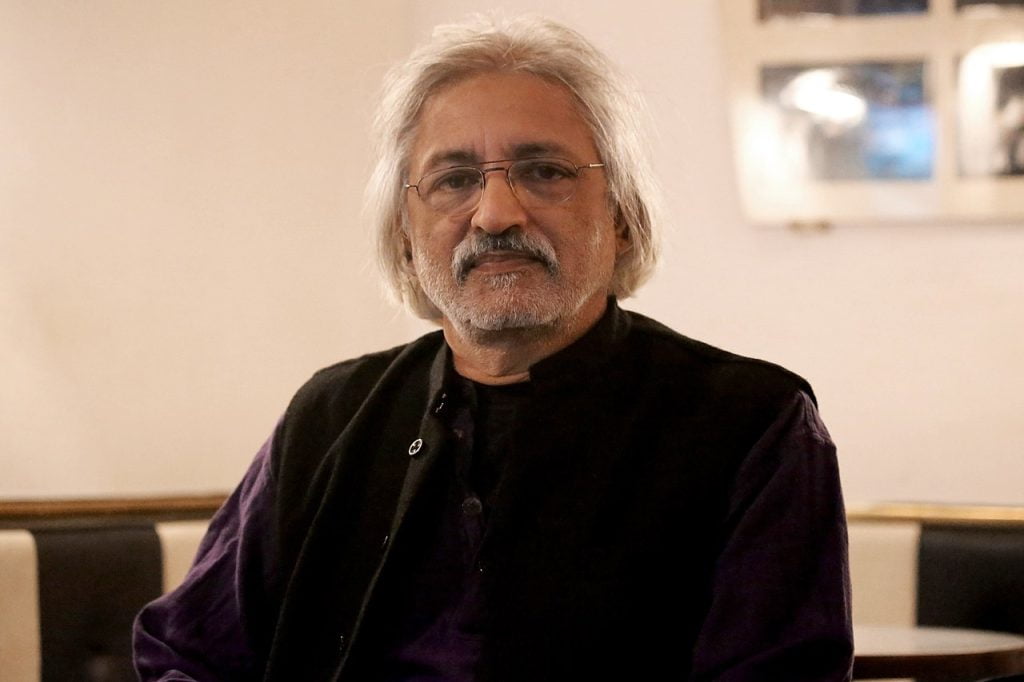
Patwardhan’s 1992 documentary, “Ram ke Naam,” depicted the events leading up to the destruction of the Babri Masjid, challenging long-held beliefs and demonstrating political power inside the movement. The film speaks to India’s ever-present problems based on religious and political lines today.
2. Rakeysh Omprakash Mehra
Rakeysh Omprakash Mehra, who’s an Indian filmmaker, actor and screenplay writer, is celebrated as one of those individuals who produce films that have positive impacts on our society. His contribution to the field of modern Indian cinema has been confirmed by the two Filmfare Awards for Best Director that he obtained in making the films Bhaag Milkha Bhaag and Rang De Basanti.
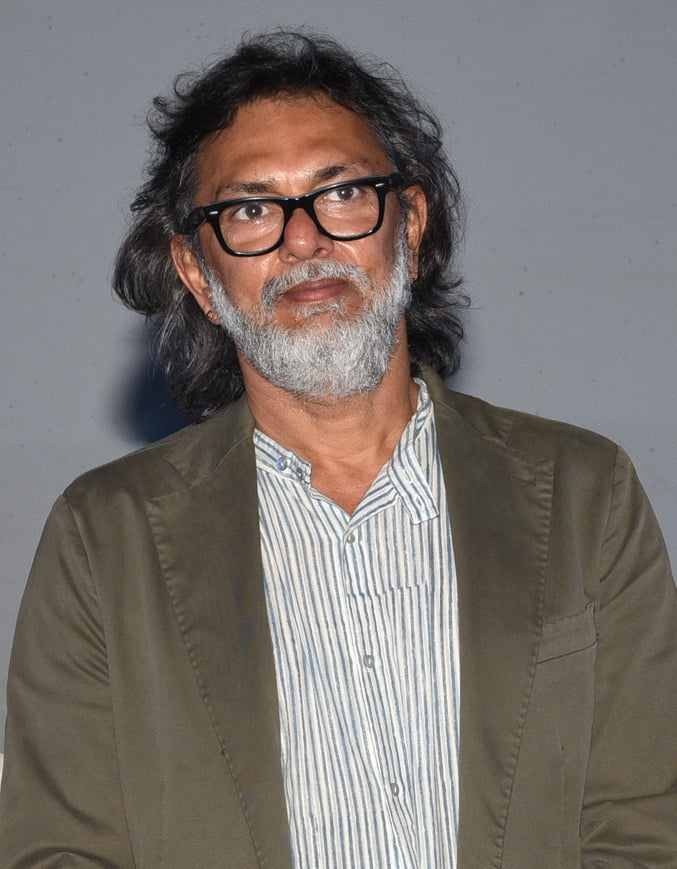
Mehra’s films are an interrogation of sociopolitical concerns and ills concerning governmental actions or interventions aimed at fostering dialogue in addition to promoting enlightenment on requisite alteration. For instance, some of the films like Rang De Basanti show individuals who resist the social system and governance, instead pointing out that there ought to be an increased participation of citizens in making decisions while at the same time requesting transparency.
While “Rang De Basanti” criticised the Indian government for using “cheap particles for MiG-21,” then Defence Minister Pranab Mukherjee brought the Defence Secretary Shekhar Dutt, the Army Chief, General J.J Singh, the Navy Chief, Admiral Arun Prakash, the IAF (Indian Air Force) Chief Marshal S.P. Tyagi, and a platoon of general-rank officers from defence headquarters to the Film Division’s auditorium to preview the film.
The film focuses on social and political themes, juxtaposing the protagonists’ dissatisfaction with the system’s reality with their romanticised perception. While the film may highlight resource shortages, its primary focus is on social and political issues rather than the IAF’s component quality.
3. Mira Nair
In her films, Indian-origin filmmaker Mira Nair questions the status quo and offers insight into complicated circumstances by utilising personal narratives to examine political themes. Her works, such as “Salaam Bombay!” and “Monsoon Wedding,” shed emphasis on the difficulties faced by marginalised communities and the fallout from political decisions.
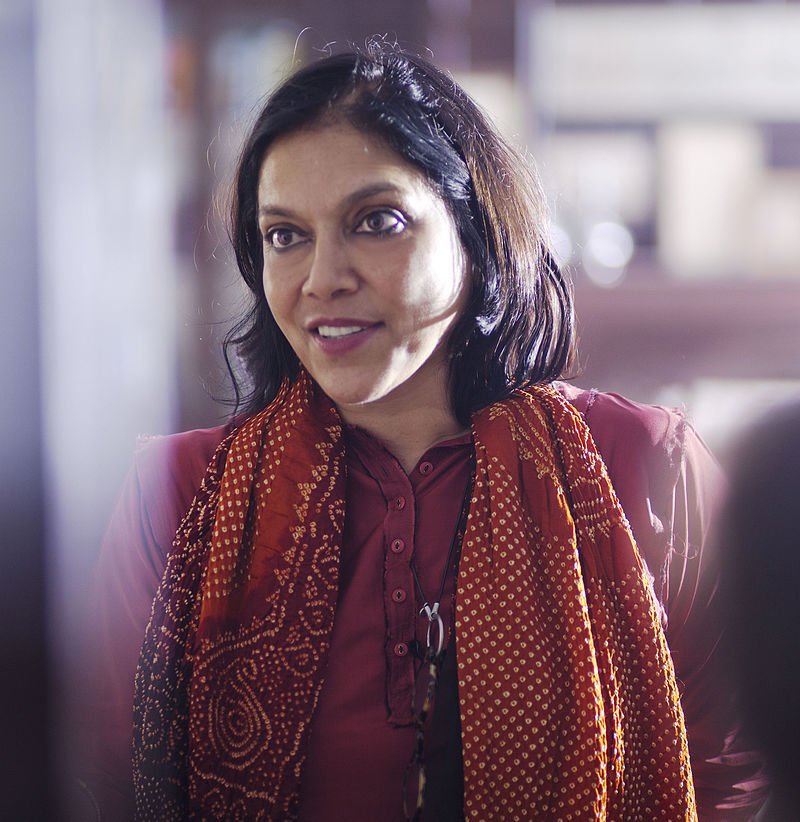
Nair delves into the intricacies of societies that have transitioned from colonialism and its aftermath. The documentary “Mississippi Masala” explores the experiences of Indian immigrants as they deal with racial concerns. Nair’s films promote political issues that are international, and surpass national borders; they implore viewers to confront unpleasant truths and think deeply about the impact of political activities on individuals.
4. Rakesh Sharma
Rakesh Sharma, a documentary filmmaker, combines the skills of a journalist with those of someone who tells stories. In 1986, he launched his career in TV journalism where he learned how to document real-life experiences before moving on to work at corporate stations; however, this did not stop him from going back into directing films where he creates individual narratives.
Sharma’s documentaries, like “Final Solution,” tackle sensitive social issues and injustices, giving voice to those often unheard. His work serves as a historical record and catalyst for dialogue, sparking discussions about critical social issues and the need for change.
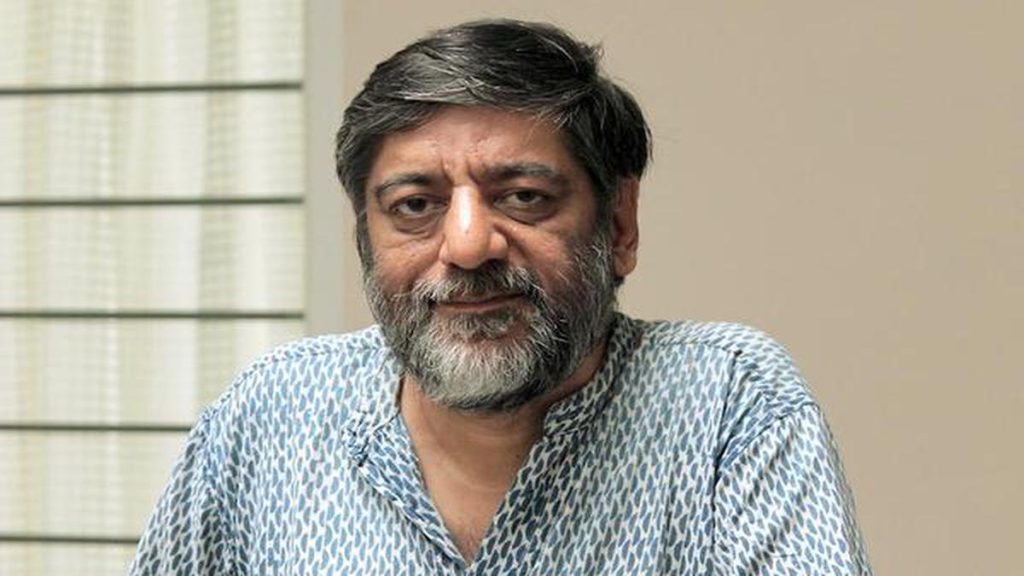
Sharma’s documentaries move past creating awareness to the intricacies of social problems and stories within them- the human side. By so doing, this tactic encourages sympathy and deepens understanding on these matters thus urging viewers not to watch from a distance but to become engaged instead. These films provide proof of how documentaries can be used as tools for confronting hard truths, starting discussions on our streets, and fighting for fairness in the nation.
5. Sanjay Kak
Sanjay Kak is a writer, director and self-taught filmmaker. He belongs to the Kashmiri Pandit family and is based in New Delhi. He is known for his internationally recognised films, “Words on Water” and “Red Ant Dream.”
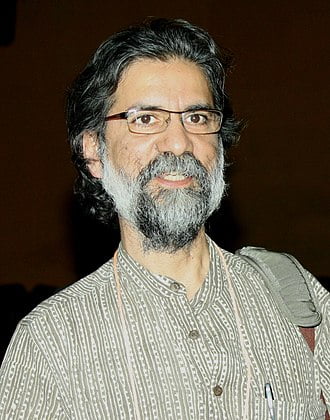
Kak makes documentaries on Kashmir and the conflict that has been there for more than 70 years. Through the film Jashn-e-Azadi (2007), the director highlights the government’s attempts to control information, silence dissent and hold onto power, thus creating a climate of distrust and fear among Kashmiris. By exposing censorship, official propaganda, and the militarisation of Kashmir, the film also casts doubt on the idea of a single, homogenous Kashmiri identity.
Films must not only act as an escapism but engage us to confront tough issues and demand better governance from our authorities. The stories that you choose will urge you to manifest change, from a mere bystander to an actor fighting for a just World.
This is by no means an exhaustive or representative list. Suggestions to add to this listicle are welcome in the comments section.
About the author(s)
Sumaiya Sayeed is an adaptable independent writer and translator (subtitler) who has a love for creating engaging content for a range of markets. Sumaiya is a freelance writer with a background in Communicative English. She specialises in producing captivating blog posts, articles, and content that draws readers in. she is capable of producing excellent work on schedule. When she's not pounding away at a keyboard, she likes to try out new hobbies to keep her skills sharp. Her hobbies include attending film festivals and film screening, writing screenplays, reading and street photography.



